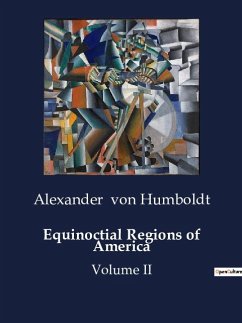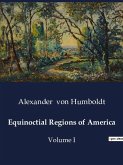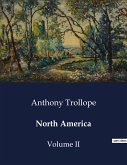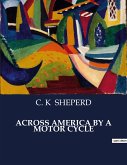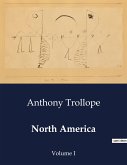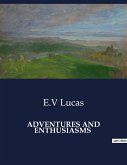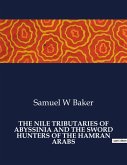"Embark on a groundbreaking scientific exploration of the Equinoctial Regions of America with Alexander von Humboldt. In his seminal work, 'Equinoctial Regions of America,' first published in the early 19th century, Humboldt takes readers on a comprehensive journey through the diverse landscapes, climates, and ecosystems of the equatorial regions of South America. As Humboldt meticulously documents his observations and measurements, readers are introduced to the richness of the Amazon rainforest, the breathtaking heights of the Andes, and the unique flora and fauna that define these equatorial landscapes. Beyond mere travelogue, Humboldt's work is a scientific masterpiece that laid the foundation for modern geophysics, climatology, and ecology. Join Humboldt on this intellectual and adventurous expedition where each page reveals a new discovery, making 'Equinoctial Regions of America' an indispensable read for those fascinated by the intersection of scientific inquiry and the wonders of the natural world."
Hinweis: Dieser Artikel kann nur an eine deutsche Lieferadresse ausgeliefert werden.
Hinweis: Dieser Artikel kann nur an eine deutsche Lieferadresse ausgeliefert werden.

